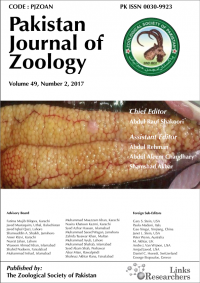ABSTRACT
Trigonella or fenugreek is one of the most important and the oldest known medicinal plants in the world which is used in the treatment of many diseases due to its various effective compounds. Trigonella strangulata, Trigonella filipes and Trigonella uncinata are three widely used species and folk medicine that grow well in the northern suburbs of Iraq. Therefore, the present study was designed to evaluate and identify the effective compounds of these species and to investigate their physiological and biochemical effects on biochemical, and hematological parameters in rats treated with ethanol. Phytochemical analysis of seeds and leaves of these taxa was performed by GC-MASs and their morphological evaluation was performed by SEM electron microscopy. Hematological and biochemical variables such as hepatic enzymes activity, glucose, lipid profile, ESR, CRP, renal function tests, and oxidative biomarkers were measured. Histological evaluation was also performed. Among the hematological parameters in the treated groups, only lymphocytes showed a significant change in the treated group with T. uncinata. The levels of liver enzymes, lipid profile and glucose in the ethanol group increased significantly compared to the control, while these parameters were significantly improved in the groups treated with these three taxa. In the ethanol group, renal function and oxidative indices along with ESR showed a significant increase, while treatment with these three taxa could improve these parameters. These results were also supported by histological findings. It can be concluded that these three plant species have high phytochemical compounds that play physiological roles such as improving the immune status, the function of liver and kidney and antioxidants status against ethanol-induced hepatotoxicity.
To share on other social networks, click on any
share button. What are these?










